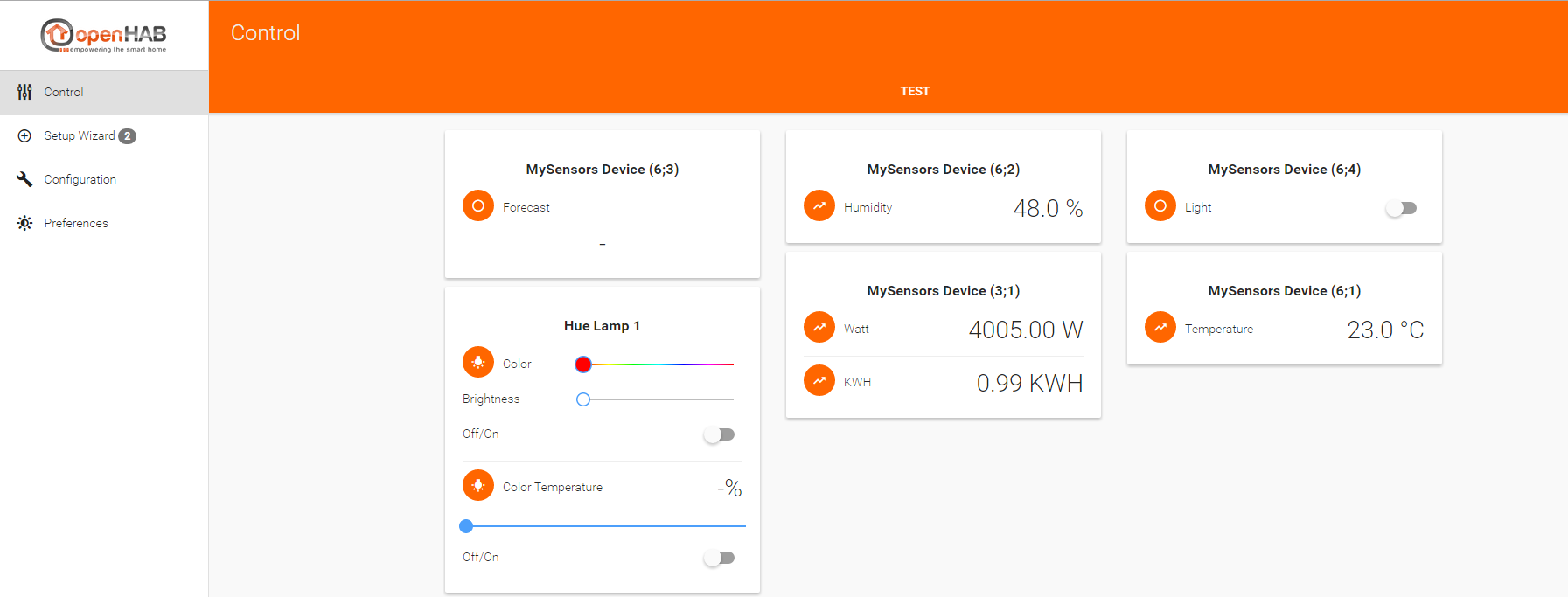I'm afraid we might be fighting two different problems. But anyway, we've made some breakthrough on my problems :-). It appears to be related to the radio having trouble to catch the entire first packet after waking from standby. It seems to work better when waking from sleep. If you check my last post in this thread https://lowpowerlab.com/forum/index.php/topic,1821.msg13160.html#msg13160 you can see what I have done to change the idle behaviour for the radio. The node is now able to process acknowledgements to all the messages it sends. There are still some issues, but for me this is a great improvement.
Following from this I have patched my copy of the MySensors development branch with the latest RFM69 library with my small patch. I also did a small change to the RFMTransport to change when/how it sends acknowledgements to messages in transportReceive. I have run a gateway and energy meter sensor since last night (around 14 hours) and the communication has worked flawlessly for that period. This is the first in a very long time :-)



